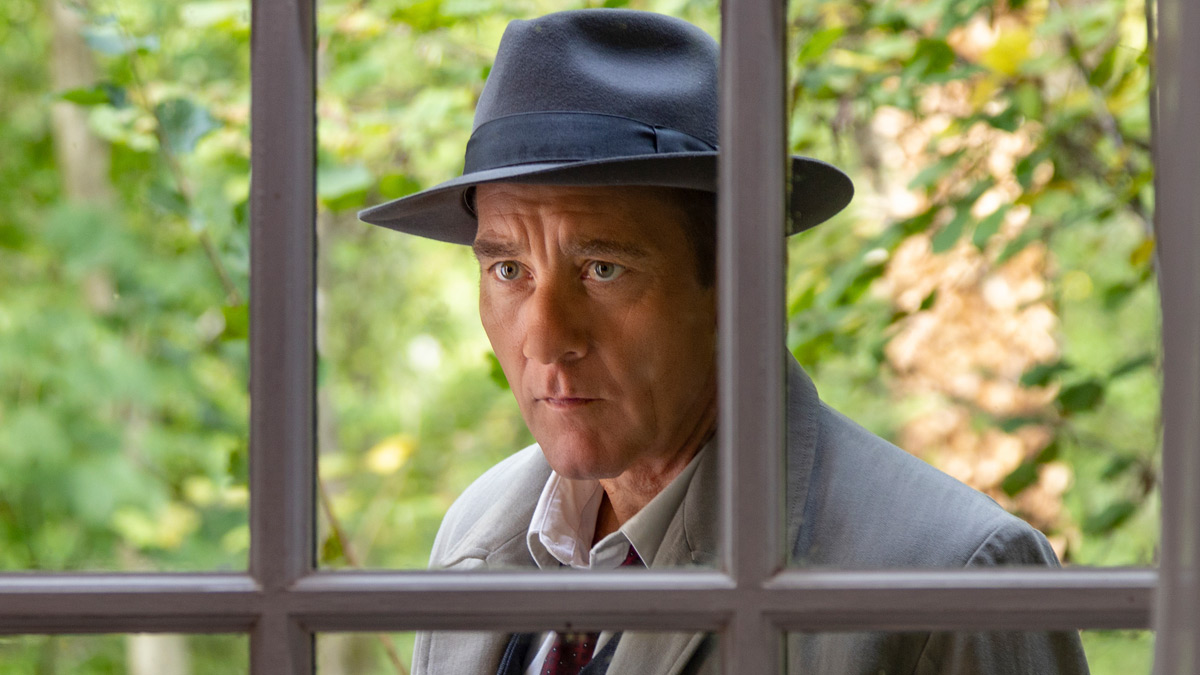
When Clive Owen tells Consequence the story of agreeing to star in Monsieur Spade, it’s a very short one. “I’m a huge Bogart fan, and I got a call from Scott [Frank] and Tom [Fontana] who said, ‘Look, we’re thinking of doing this take on Sam Spade, and we’re setting it in early ’60s France.’ They pitched the whole idea to me, and I just took a picture of my Maltese Falcon poster on the wall and sent it to them both and said, ‘You’ve come to the right guy.’ It was a very quick, ‘I’m in, I’m doing it.’”
Directed by Scott Frank (The Queen’s Gambit), who also wrote the series with Tom Fontana (Oz), Monsieur Spade features Owen as the now-retired private detective as he enjoys the quiet life in the picturesque French countryside — until, that is, a horrific crime drags him back into action.
While multiple actors have played the role of the hard-boiled dick since his initial literary creation by Dashiell Hammett, Humphrey Bogart‘s depiction is largely considered to be the definitive one. So, as a fan, Owen saw the series as almost a sequel to Maltese Falcon, and incorporated it into his performance.
Related Video
“I really leaned into Bogart and his natural rhythms of speaking,” he says. “I said to Scott [before filming], ‘Look, don’t freak out, but I’m really diving into Bogart a lot. I’m not going to do a bad impersonation, don’t worry. I’m just going to really listen to his intonation, his rhythms, his speed, because I think it could be really helpful.’ And [Frank] said, ‘That’s perfect, because every time I wrote for Spade, I had to hear Bogart saying it.’ So we were both on the same page there, and I saw it very much as time-jumped from that original movie.”
There was never an instance of Owen being given the note “maybe a little less Bogart,” because he “wasn’t really trying to do an impersonation of him. It was just about rhythm. The one thing that we found time and time again is that you think Bogart’s very laid back and cool, but he’s actually super fast with his dialogue, often. He just breezes through it and he does it effortlessly, so it doesn’t feel like it, but he can really talk fast with an ease. So when we really picked up the pace, suddenly everything started to crackle.”
The dialogue overall provided another way for the series to pay homage to film noir, because as Owen says, “that period of writing was like that. Actors were fast and the dialogue was really well-written and it worked best when you played it at that pace. You go back and look at some of those old ’40s and ’50s movies and the speed with which they used to rattle through the dialogue — when you’ve got really good fun, sharp dialogue, it’s super-enjoyable.”

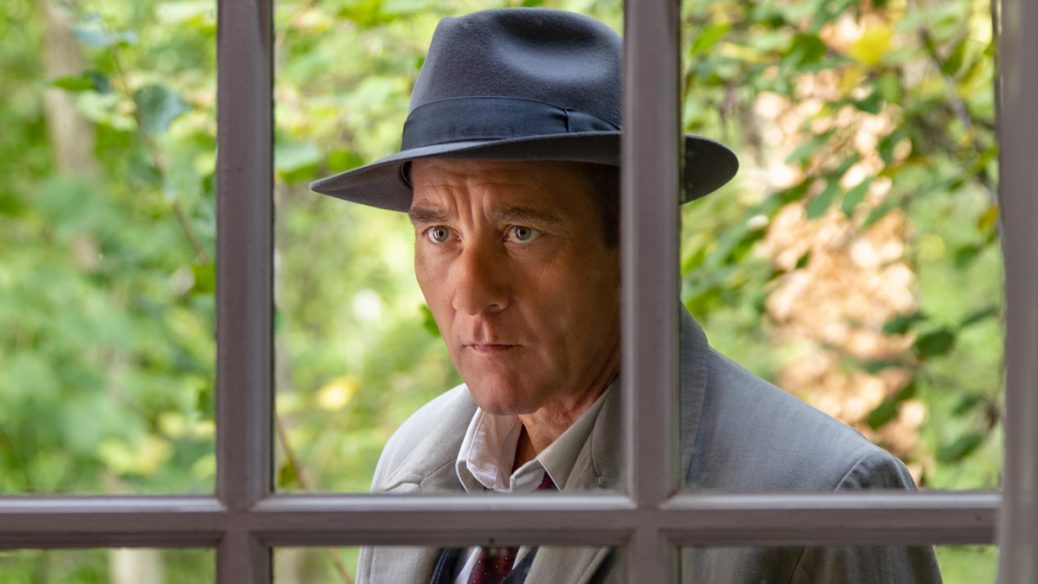
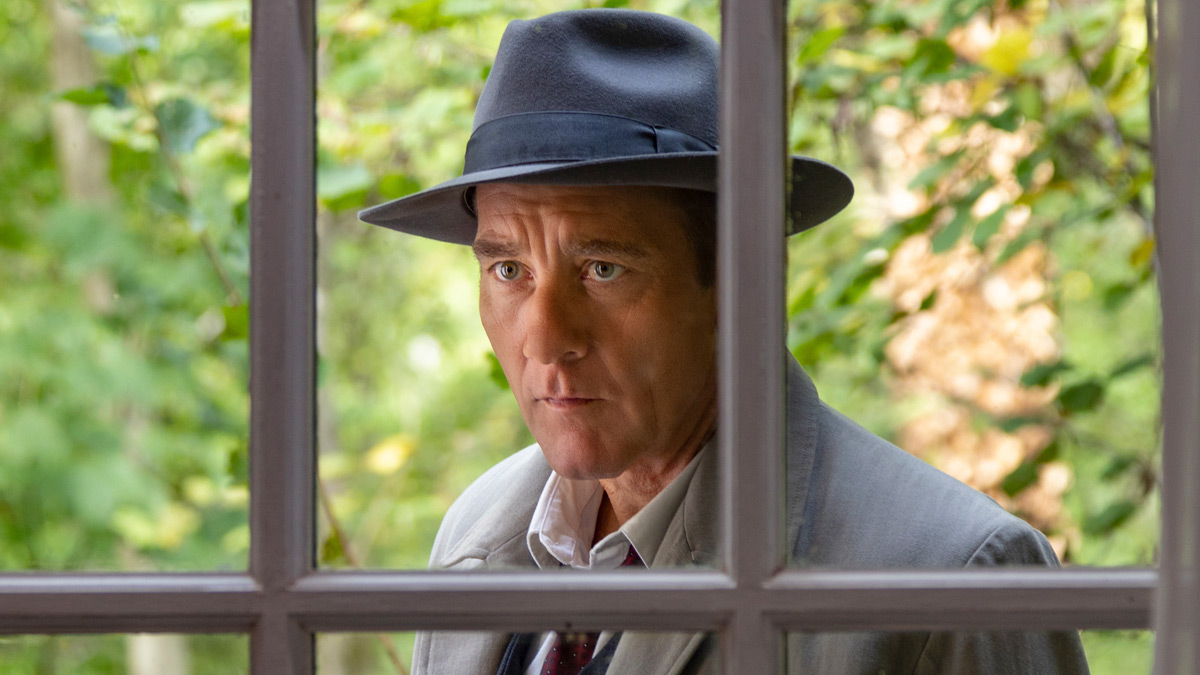

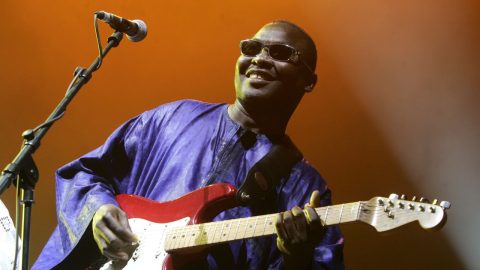
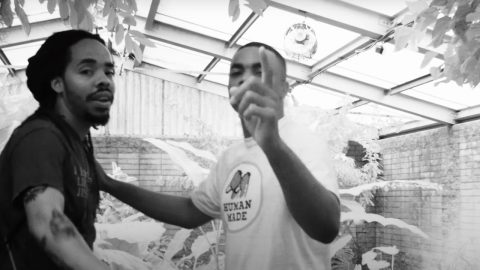




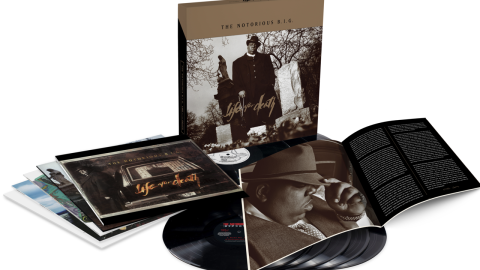
Recent Comments